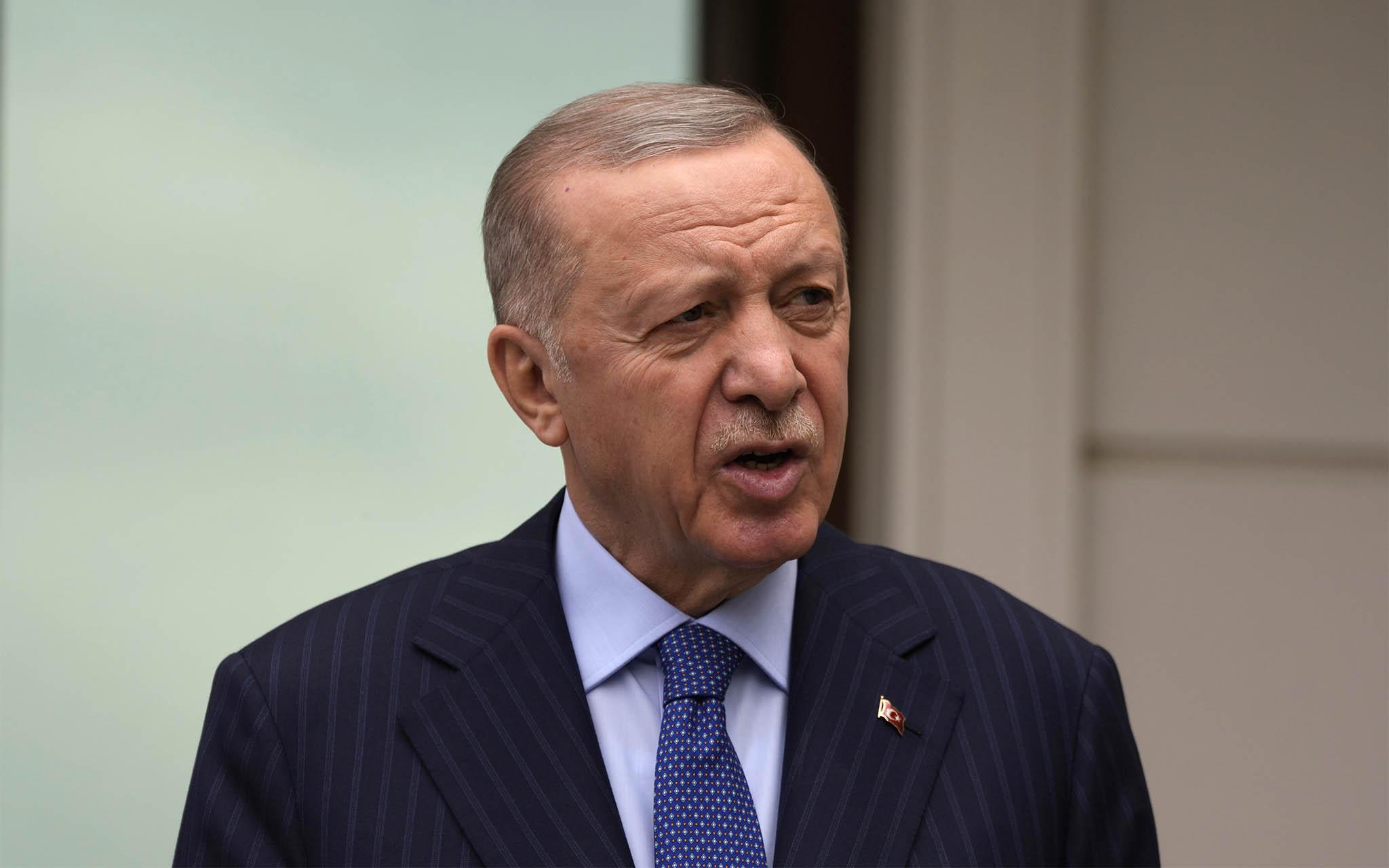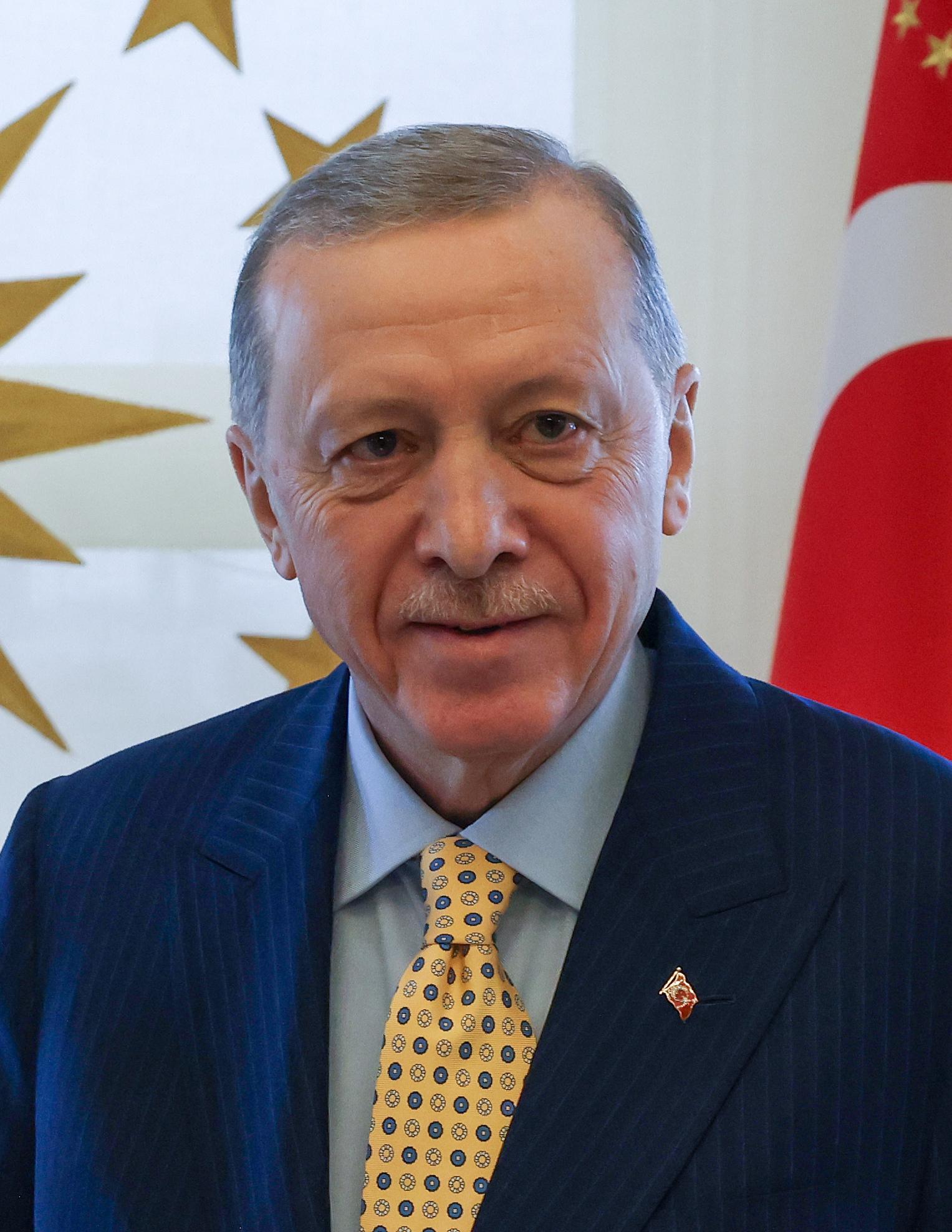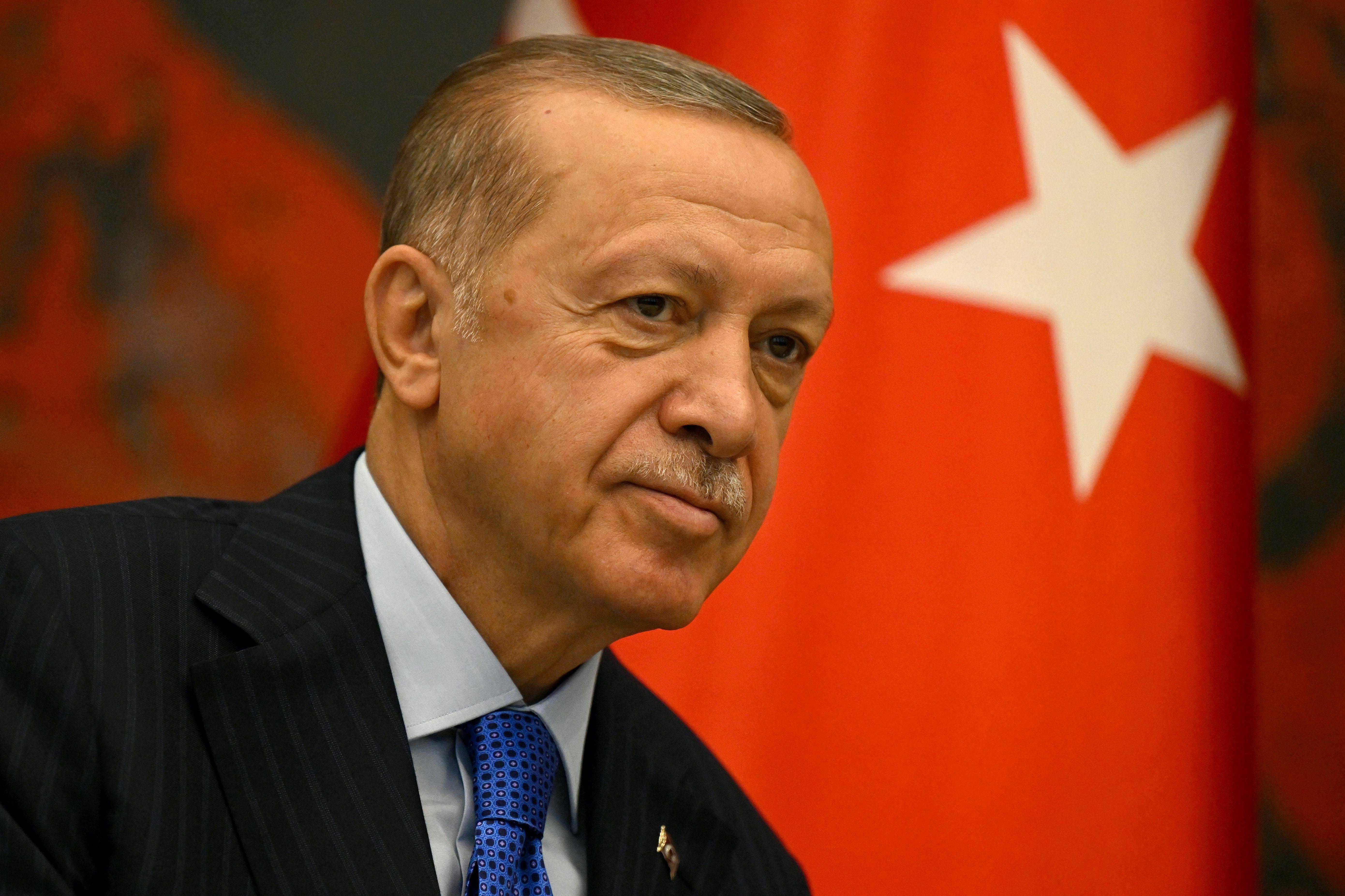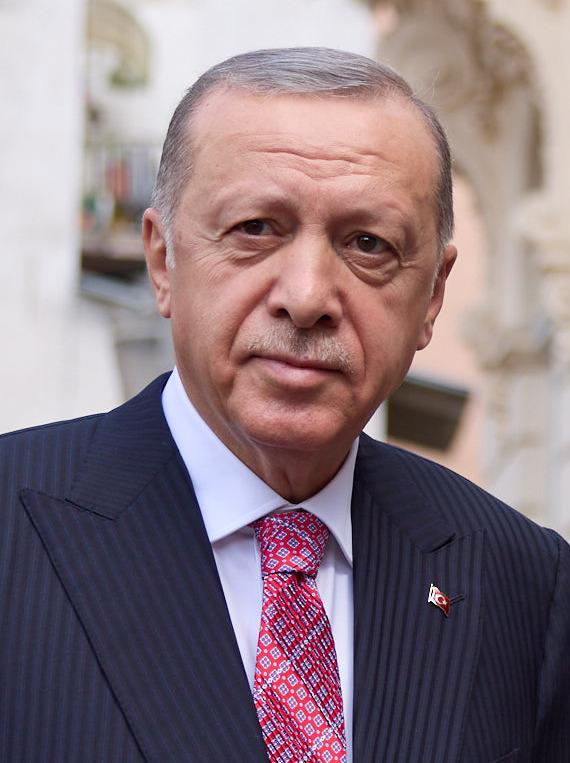Erdogan’s stark Critique of Israeli Actions Amid Growing Tensions in Gaza
During his recent visit to Pakistan,President recep Tayyip Erdogan did not mince words as he addressed the escalating conflict in Gaza,directly condemning Israeli military operations. He portrayed the ongoing violence as a tragedy that not only results in devastating loss of innocent lives but also perpetuates a cycle of hatred and suffering. Erdogan emphasized the need for the global community to unite against these actions, urging countries to reevaluate their diplomatic ties with Israel if the aggression continues. He stated, “We stand in solidarity with our Palestinian brothers and sisters, and it is our duty to voice their plight before the world.” This appeal resonates particularly in the context of heightened tensions in the Middle East, where Erdogan’s rhetoric has notable weight among Islamic nations.
Moreover, Erdogan criticized the international response to the situation, highlighting a perceived double standard in how various countries react to violence against civilians. He underscored the importance of human rights and international law,calling for an end to what he describes as state-sponsored terrorism. The Turkish leader’s remarks aimed to galvanize support from Pakistan and other nations, rallying them to advocate for the rights of Palestinians.Erdogan’s message was clear: without concerted action and a unified voice against aggression, peace remains elusive, and the humanitarian crisis in Gaza will only worsen. His passionate delivery serves to reinforce his position as a prominent figure in the pro-Palestinian movement on the international stage, calling for urgent action and solidarity from across the globe.

The Geopolitical Impact of Erdogan’s Statements on Turkey-Pakistan Relations
Receipts of Turkish President Recep Tayyip Erdogan’s recent remarks during his Pakistan visit suggest a significant shift in the dynamics of Turkey-Pakistan relations, particularly in the context of regional geopolitics. Erdogan has not only criticized Israel’s actions in Gaza, but has also highlighted Turkey’s enduring support for the Palestinian cause. his statements resonate deeply in Pakistan, a nation historically aligned with Turkey in advocating for Muslim solidarity. As both countries grapple with their respective internal and external challenges, Erdogan’s vocal stance on Israel could catalyze strengthened cooperation in military, economic, and diplomatic arenas, enhancing their positions within the larger Islamic geopolitical framework.
This burgeoning alliance may have broader implications for regional stability and international relations. By aligning closely with Pakistan, Erdogan is positioning Turkey as a leader within the Muslim world, which could challenge existing power dynamics in South Asia and the Middle East. The overlapping interests in countering perceived threats from Israel and furthering regional Islamic unity may lead to increased political alignments, military collaborations, and economic partnerships between Turkey and Pakistan. This evolution could potentially transform their roles as significant players on the global stage, influencing not only their immediate regions but also the broader international discourse on the Palestinian struggle.

Humanitarian Concerns: Erdogan’s Call for International Response to the Gaza Crisis
The recent escalation of violence in Gaza has reignited a fervent debate over humanitarian obligations, particularly in light of President Erdogan’s impassioned remarks during his visit to Pakistan. He emphasized the urgent need for the international community to take decisive action, highlighting the suffering of civilians caught in the crossfire. Erdogan’s statement echoed a call to conscience, reminding global leaders of their responsibilities to uphold human rights and provide immediate assistance to those affected by the ongoing conflict. He described the situation as a “tragedy unfolding before our eyes,” urging nations to prioritize humanitarian aid over political agendas.
In his address, Erdogan outlined specific measures that he believes should be implemented, including:
- Immediate ceasefire negotiations to halt the violence and allow for humanitarian corridors.
- Increased international aid for the reconstruction of devastated communities.
- Advocacy for the rights of Palestinian people on a global platform, ensuring their voices are heard and rights respected.
He asserted that silence in the face of such atrocity is complicity, and every effort must be made to alleviate the suffering of innocent civilians. Erdogan’s passionate plea resonates with many activists and global citizens who view the gaza crisis not just as a regional conflict, but as a pressing humanitarian issue that demands a unified and prompt international response.

Path Forward: Diplomatic Solutions and Regional Cooperation for Lasting Peace
In the face of escalating tensions and humanitarian crises in gaza,the urgent need for diplomatic dialog cannot be overstated. Erdogan’s stark critique of Israel during his recent visit to Pakistan highlights the growing frustration among regional leaders regarding the ongoing conflict. To foster a more stable surroundings in the Middle East, stakeholders must prioritize open interaction and negotiation channels. This will require the active involvement of global powers, local governments, and international organizations to establish a framework that encourages trust-building measures and conflict resolution strategies.
Moreover, grassroots initiatives and regional cooperation play a pivotal role in addressing the underlying issues of the Israeli-Palestinian conflict. Collaborative efforts should emphasize:
- Humanitarian aid to support the citizens of Gaza and other affected areas.
- Cultural exchanges to foster understanding and reduce animosity between communities.
- Joint economic projects that benefit both Israelis and Palestinians, promoting interdependence and peace.
Creating a multifaceted approach, combining diplomatic solutions with local engagement, will be essential to pave the way for lasting peace and stability in the region.
